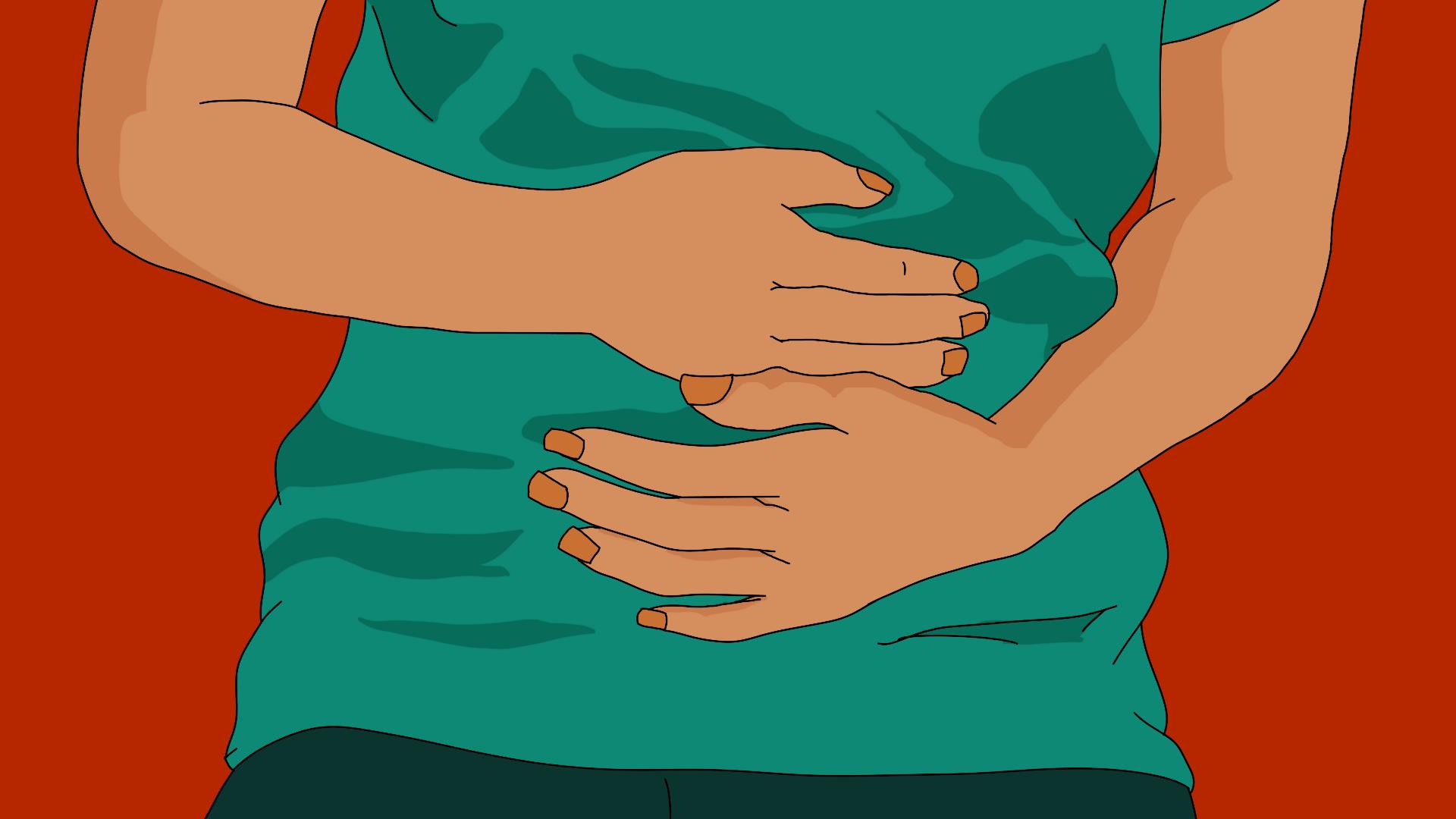🎧 Listen to: Ulcers (s)

Ulcers
An ulcer is a painful sore that can appear anywhere on the body, from the stomach to the skin. Ulcers can heal on their own or may need medical treatment, depending on the cause and severity.
What are the different types of ulcers?
Arterial ulcers: Poor blood flow to the legs and feet.
- Symptoms: Open sores, pain, and coolness in the area.
- Treatment: Improving blood circulation, medications, or surgery.
Venous ulcers: Poor circulation in the legs.
- Symptoms: Swelling, itching, scabbing, and discharge.
- Treatment: Compression therapy, surgery, and antibiotics for infection.
Peptic ulcers: Stomach or intestinal sores from bacteria or acid.
- Symptoms: Burning pain, heartburn, nausea, and weight loss.
- Treatment: Antibiotics for infections or acid-lowering medications.
Mouth ulcers (Canker sores): Small, painful lesions inside the mouth.
- Symptoms: Minor discomfort, resolves within two weeks, but may return.
- Treatment: Pain relief through antimicrobial mouthwash or ointments.
Genital ulcers: Sores in the genital areas, caused by STIs, infections, or trauma.
- Symptoms: Rash, pain, itching, swollen glands, fever.
- Treatment: Antiviral or antibiotic medications, depending on the cause.
Do ulcers go away?
Most ulcers are caused by underlying health issues. Once the cause is treated, most ulcers will heal, though some, like peptic or genital ulcers, can return if the root cause is not addressed.
How long does it take for ulcers to heal?
- Peptic ulcers:1 month.
- Arterial/venous ulcers: Months, some may not heal.
- Mouth ulcers: 1-4 weeks.
- Genital ulcers: Varies; chronic infections may return.
